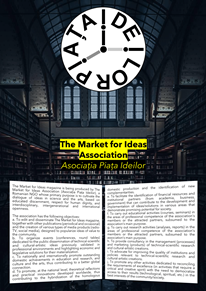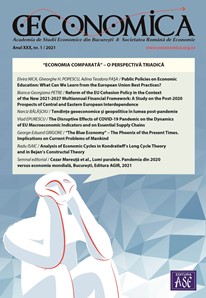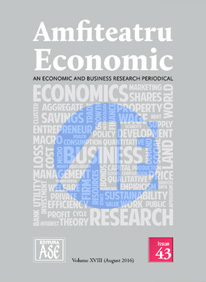Emmanuel Olusegun Stober
Fighting epidemics, or stopping them from spreading, has a cost. The direct costs of the COVID-19 pandemic are, of course, deaths and the sickness that prevents people from working. However, the indirect effect or Economic Cost include the labor supply of the people who die, the hours lost due to sickness, and the hours lost due to people caring for family members who are sick, and the hours lost due to preventative measures. This will lead to rising costs of doing business in each sector, due to disruptions of production networks, and shifts in consumption as a result of changes in household preferences. More




















